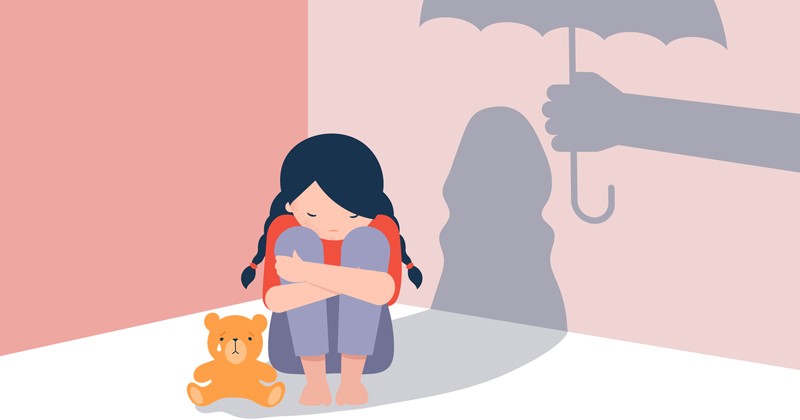Understanding Trauma
November 29, 2021
From the time we are born, we are constantly learning, experiencing, and trying to comprehend and make sense of the environment and people that surround us. As time moves forward and we grow older, life goes on, and with learning and experiencing new things, chances are, not every experience of your life is going to be sunshine and rainbows. You’re going to experience traumatic incidents throughout life and trying to come to terms with what caused your trauma can be one of the most confusing and hardest things to do.
Trauma can come from anything. Trauma doesn’t fall into a category, you get to define your trauma and your experience is valid. The way you can manipulate yourself about the things that have happened to you can be astonishing, you make yourself completely block out certain aspects of the incident, and as time goes on, and you try to recover, you start to remember things one by one. It truly is something that’s hard to understand, because being in such denial and confusion often leads to constantly questioning yourself about what you experienced, always sitting there for countess days making sure what happened to you actually happened. Feeling like what you experienced is nothing is so invalidating to yourself, because it’s as if you think it didn’t happen since you can’t quite comprehend the way your brain is handling it. Trying to manage every emotion your body is throwing at you is so exhausting; the anger, hatred, sadness, and insecurities are all feelings that your trauma has brought along with it.
What often isn’t taken into consideration when someone is telling someone else about their trauma is the PTSD that may follow. PTSD is like a natural disaster, it gets better than there’s always an aftershock, that “aftershock” is PTSD. If you aren’t familiar with PTSD, it’s a condition people can get diagnosed with after having experienced a traumatic incident. Little things that trigger you and remind you of the incident can set you into a spiral of panic attacks or depressive episodes. Things like scents, certain places, seeing that person who was involved, anything that can trigger you can trigger your PTSD. Trying to shake that feeling away is never easy, it almost feels impossible. Dealing with trauma isn’t an easy thing, and it is a time-consuming process, some people can process what happened right away some people take months or years, to fully understand what they just had to go through. Talking about it isn’t easy either, just speaking of the incident can cause someone to have an episode, instead of making someone speak up or talk about it offer them support and comfort and listen to their needs.
For all the people suffering from trauma, you aren’t alone there are so many other people who can understand the confusion and hurt you could be going through. You just have to work towards trying to use healthy coping mechanisms, and learn how to manage your emotions. Trauma gives you a chance to grow and learn, and I think that is something people dealing with trauma need to stop and think about for a second. After all the stress, episodes, and PTSD, you will come out with the stronger more confident version of yourself that you are going to absolutely love. You get to look back on the challenging times and remind yourself of what you managed to pull yourself out of.










































































































































